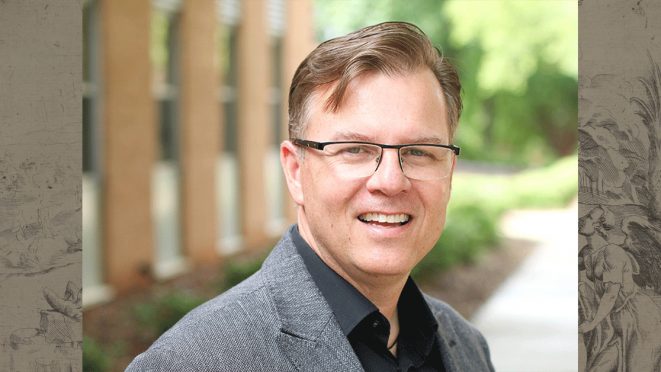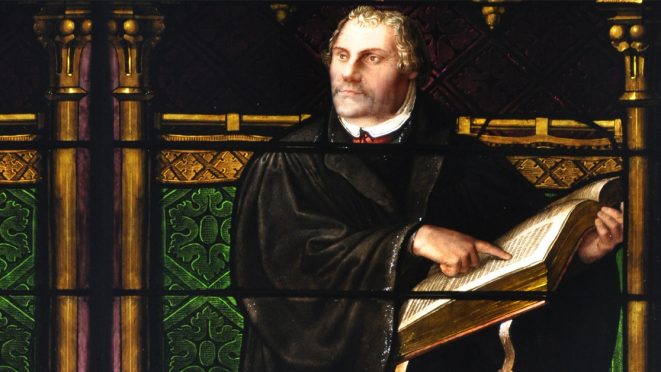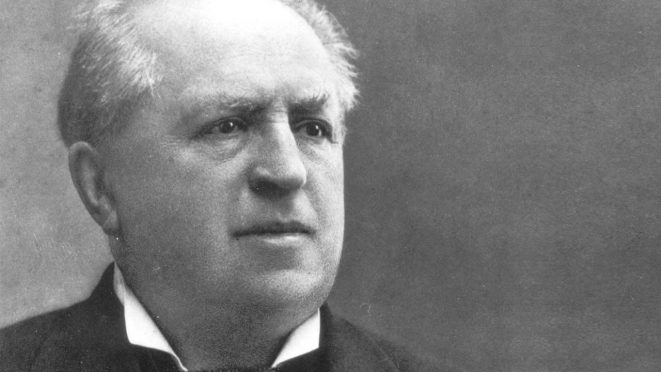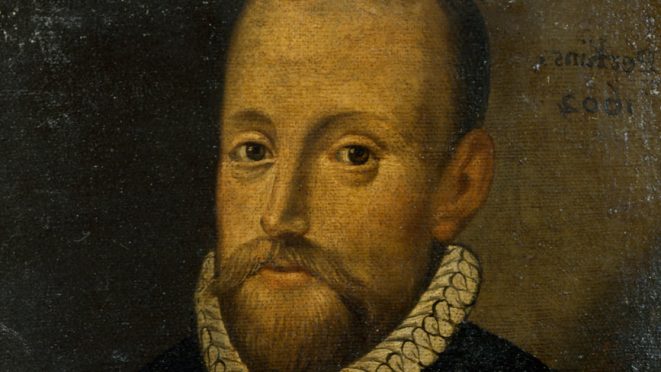In 2015, Lexham Press announced the publication of a major series of new translations of Abraham Kuyper’s writings in public theology, created in partnership with the Acton Institute and the Kuyper Translation Society. Never before available in English, the Abraham Kuyper Collected Works in Public Theology has introduced a new audience to the thinking of
Read moreSixteenth-Century Mission: An Interview with Ed Smither
The sixteenth-century was significant for many reasons, not least the events of the Reformation. However, this period is not usually considered important for Christian mission. The essays in Sixteenth-Century Mission seek to reveal this as a misunderstanding. In this interview, we speak with one of the editors, Ed Smither. Lexham Press: Who is the ideal
Read moreWhat Can Biblical Studies Learn from Martin Luther?
In this excerpt from the introduction to Always Reforming, Channing L. Crisler outlines Martin Luther’s approach to reading and interpreting scripture, and how his hermeneutic can inform scholarship today. “Comfort yourself with the Word of God, the pre-eminent consolation.” In this way, Martin Luther consoled a father and husband suffering the loss of both his
Read moreHow Studying Sixteenth-Century Mission Is Relevant for Mission Practice Today
In this excerpt from the introduction to Sixteenth-Century Mission, Edward L. Smither lays out three broad themes that emerge from this survey of cross-cultural outreach during this critical century in the church’s history. How did the sixteenth-century global church understand and practice Christian mission? This question proves more fruitful than the usual questions missiologists and
Read morePraise Upon Praise for Abraham Kuyper’s on Business and Economics
In his volume introduction to On Business and Economics, Peter S. Heslam notes that there is a distinct lack of engagement by theologians with enterprise. This disconnect between these two spheres makes this anthology of Abraham Kuyper’s writings on these subjects all the more important. This timeliness has certainly been recognized by prominent contemporary economists,
Read moreWhat Is Anglicanism? A Brief History of the Anglican Church
Anglicanism as we think of it today is essentially a nineteenth-century invention. The elements that make it up are much older than that, of course, but it was only from the 1830s or so that the particular configuration that Christianity assumed in the post-Reformation Church of England and its sister churches came to be regarded
Read moreAbraham Kuyper on the Positive Potential of Business
Common grace in business: putting these four words together implies a link between theology and enterprise, the existence of which is barely evident from the output of most theologians and business writers. The long-standing paucity of engagement between these groups reinforces the widespread perception that trying to mix commerce and religion is like trying to
Read moreWatch This New Interview with Michael Haykin
The Lived Theology series explores aspects of Christian doctrine through the eyes of the men and women who practiced it. These books illuminate the vital contributions made by these figures throughout the history of the church. In this new interview, we talk with Michael Haykin, series editor of the Lived Theology series, about what we
Read moreWilliam Perkins and Interpreting Scripture with Scripture
William Perkins’s convictions on the ministry of God’s word are best known through his preaching manual, The Arte of Prophecying, which became a standard textbook on the subject. The volume articulated a thoroughly Protestant understanding of the nature and authority of Scripture and rooted itself in a thoroughly Reformed hermeneutic. The book also featured a
Read moreWhat Can We Learn from Sixty Years of Evangelical Political Engagement?
From the beginning, Christianity Today was seen by its founders as something quite apart from just another combatant in a culture war. They would speak the truth, and sometimes they would annoy all the right people, but their goal was to convince others to see the wisdom of their position and not just add to
Read more









